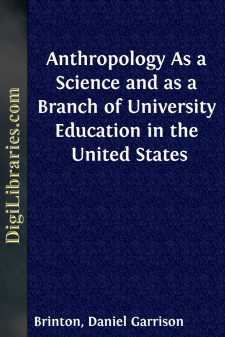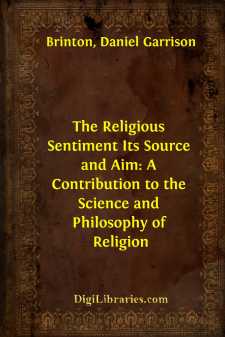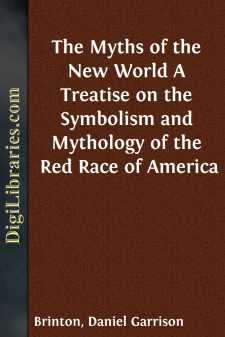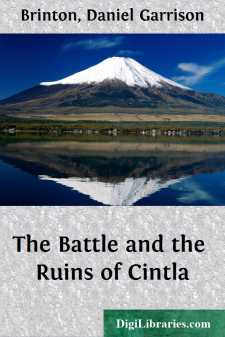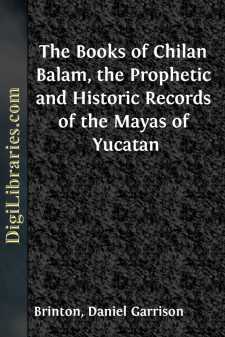Categories
- Antiques & Collectibles 13
- Architecture 36
- Art 48
- Bibles 22
- Biography & Autobiography 813
- Body, Mind & Spirit 142
- Business & Economics 28
- Children's Books 15
- Children's Fiction 12
- Computers 4
- Cooking 94
- Crafts & Hobbies 4
- Drama 346
- Education 46
- Family & Relationships 57
- Fiction 11829
- Games 19
- Gardening 17
- Health & Fitness 34
- History 1377
- House & Home 1
- Humor 147
- Juvenile Fiction 1873
- Juvenile Nonfiction 202
- Language Arts & Disciplines 88
- Law 16
- Literary Collections 686
- Literary Criticism 179
- Mathematics 13
- Medical 41
- Music 40
- Nature 179
- Non-Classifiable 1768
- Performing Arts 7
- Periodicals 1453
- Philosophy 64
- Photography 2
- Poetry 896
- Political Science 203
- Psychology 42
- Reference 154
- Religion 513
- Science 126
- Self-Help 84
- Social Science 81
- Sports & Recreation 34
- Study Aids 3
- Technology & Engineering 59
- Transportation 23
- Travel 463
- True Crime 29
Anthropology As a Science and as a Branch of University Education in the United States
Description:
Excerpt
ANTHROPOLOGY,
AS A SCIENCE,
AND
As a Branch of University Education.
What Anthropology Is.
Man himself is the only final measure of his own activities. To his own force and faculties all other tests are in the end referred. All sciences and arts, all pleasures and pursuits, are assigned their respective rank in his interest by reference to those physical powers and mental processes which are peculiarly the property of his own species.
Hence, the Study of Man, pursued under the guidance of accurate observation and experimental research, embracing all his nature and all the manifestations of his activity, in the past as well as in the present, the whole co-ordinated in accordance with the inductive methods of the natural sciences—this study must in the future unfailingly come to be regarded as the crown and completion of all others—and this is Anthropology.
The value of the applications of this science can scarcely be overestimated.
In government and law, in education and religion, men have hitherto been dealt with according to traditional beliefs or a priori theories of what they may or ought to be. When we learn through scientific research what they really are, we shall then, and then only, have a solid foundation on which to build the social, ethical and political structures of the future. It is the appreciation of this which has given the extraordinary impetus to the study of Sociology—a branch of Anthropology—within the last decade.
Anthropology alone furnishes the key and clue to History. This also is meeting recognition. No longer are the best histories mainly chronicles of kings and wars, but records of the development and the decline of peoples; and what constitutes a “people,” and shapes its destiny, is the very business of Ethnology to explain.
So likewise in hygiene and medicine, in ethics and religion, in language and arts, in painting, architecture, sculpture and music, the full import and often unconscious intention of human activity can only be understood, and directed in the most productive channels, by such a careful historical and physical analysis as Anthropology aims to present.
Societies and Schools for the Study of Anthropology.
The world of science has been recognizing more fully, year by year, the paramount importance of the systematic study of Anthropology to the aspirations of modern civilization.
The first Anthropological Society—that of Paris—was founded by Paul Broca, in May, 1859. It has been rapidly followed by the organization of similar societies in London, Berlin, St. Petersburg, Vienna, Brussels, Munich, Madrid, Florence, Washington, New York, and many other centres of enlightened thought. In 1882 the American Association for the Advancement of Science organized its Section of Anthropology; and in 1884 the British Association for the Advancement of Science followed this example. It is a well known fact that these sections are more attractive to the general public, and are better supplied with material than any other sections in the Associations....


